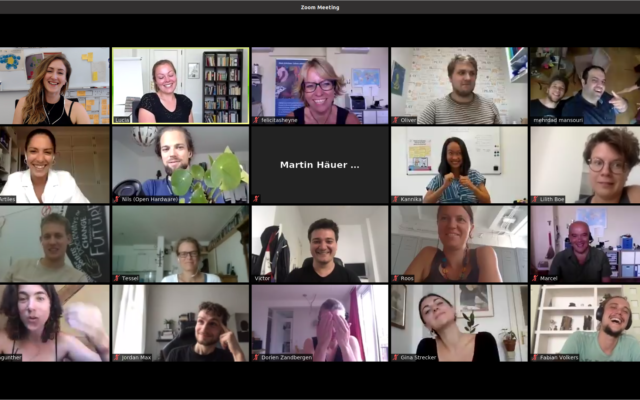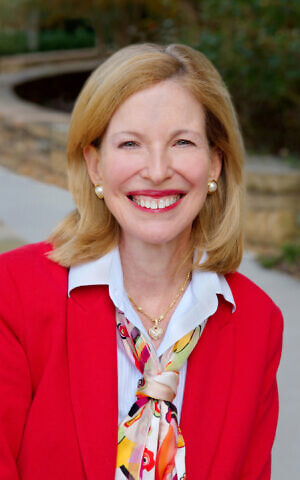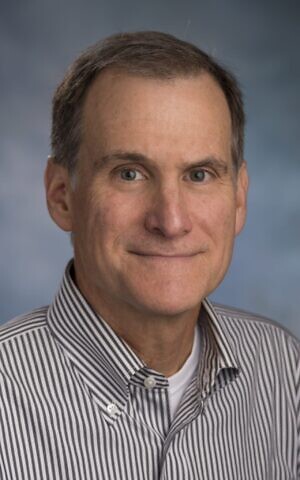Health Experts Caution Against In-Person Simchas
The Atlanta Jewish community should continue to be cautious even as more people are getting vaccinated.

During the last year, the Atlanta Jewish community has learned to adapt their celebrations to the new normal of living in a pandemic. Weddings and bar and bat mitzvah events have been held virtually or socially distanced outside to minimize the spread of COVID-19.
Despite an increasing number of people getting vaccinated, healthcare experts say these precautions should continue at least for the next several months.
“Frankly, it may be a bit too early to predict when the Jewish community – or any group of individuals – can begin having in-person simcha events,” said Dr. Phyllis Kozarsky, who works with the division of infectious diseases at the Centers for Disease Control and Prevention. “Our community is in crisis right now – and not just the Jewish community. We need all – despite vaccination – to continue to practice preventive measures such as mask wearing and social distancing.”
According to Kozarsky, who is also an infectious disease professor emerita at Emory University, the vaccine is “not a ‘silver bullet’ nor a get-out-of-jail-free card. It will prevent serious illness, hospitalizations and death, and we should all be thankful for that. We’re not sure whether it will greatly affect transmission right now, and there is such a small percent of our population immunized, it will take months to see changes.”

As of mid-February, 33 million Americans had received at least one of the two vaccinations required. Only 10 to 20 percent had received both vaccinations, according to Dr. Harry Heiman, a clinical associate professor in the Department of Health Policy & Behavioral Sciences in the School of Public Health at Georgia State University. In Georgia, 1.2 million vaccines had been given, but only 250,000 people had received two shots, he added.
Both Heiman and Kozarsky are among the small panel of experts that the Jewish Federation of Greater Atlanta have brought together in monthly meetings to advise leaders of the community about the coronavirus pandemic and how the Jewish community should respond.
The short answer to when in-person simchas can be held is not before late summer or fall, Heiman said. “And that’s being optimistic. During the last year, the community has been good in coming up with creative ways to celebrate and be respectful. Even after people get vaccinated, they still need to take precautions. Vaccines are not perfect and now we’re seeing the emergence of new variants.”
According to Kozarsky, “in the next few months, we will know more about how these variants (mutations) will affect our community and vaccination.”
Moreover, Heiman points out that the community should be particularly hesitant about holding in-person bar and bat mitzvah celebrations because children under 16 are not getting vaccinated for now. “There has been no testing for those under 12,” he said.
“I can’t think of a worst scenario than to cause a person to be hospitalized, or worse, dying, as a result of celebrating a simcha.”

Heiman said he is “very concerned” that people will become too confident in the vaccination process and let down their guards. “You should not change your behavior even after getting a vaccine,” he said. Vaccinations are “both individual activities and communal activities. They are individual responsibilities and communal responsibilities. Taking care of others is a Jewish value. We want to get to herd immunity, which would be 75 to 80 percent” of the population.
Even if in-person simchas could be planned for late summer or fall, rather than having 200 people indoors, perhaps only 20 should be invited for an outdoor event, Heiman said.
Kozarsky agreed. “Hold tight for now; keep as optimistic as possible; and get vaccinated when your time comes,” she advised. She added that everyone should encourage friends, acquaintances and family members to get vaccinated as well.



comments